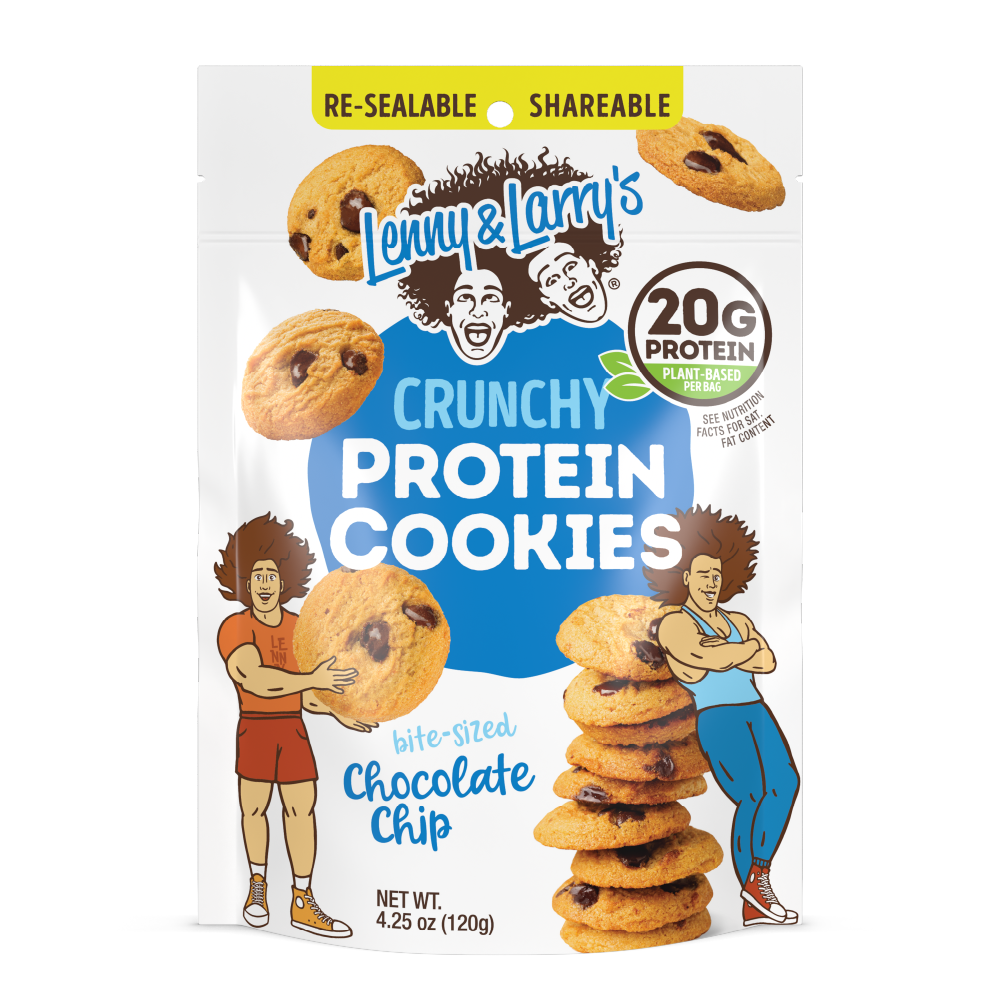In winter we have shorter days and longer nights. While layering up in warm attire offers physical comfort against the cold, internal wellness during these months demands a more nuanced approach. Let's take a closer look at how we can fortify our immune system to ward off seasonal ailments during the winter.
Before you begin - always consult your physician before beginning any exercise (or dietary) program(s). This general information is not intended to diagnose any medical condition or to replace your healthcare professional. Consult with your healthcare professional to design an appropriate exercise prescription (or dietary program) that’s right for you.
Top Three Key Vitamins for Boosting Your Immune Health
Here's some essential vitamins that serve as pillars for your immune defense, guiding you through their benefits, sources, and how you can effectively incorporate them into your daily regimen.
Vitamin C: Your Immune System's First Line of Defense
- The Role of Vitamin C: You've likely heard of Vitamin C's immune-boosting properties. It's crucial for the growth and repair of tissues in your body and acts as an antioxidant, fighting free radicals that can lead to inflammation and illness.
- Sources of Vitamin C: While citrus fruits like oranges and lemons are famous for their Vitamin C content, there are other rich sources too. Think bell peppers, strawberries, broccoli, and kiwi fruit. A varied diet can help you achieve the recommended daily intake without the need for supplements.
Vitamin D: The Sunshine Vitamin
- Importance in Immune Health: During winter, with limited exposure to sunlight, your Vitamin D levels can plummet. This vitamin plays a pivotal role in modulating the immune response and protecting against respiratory infections.
- Natural and Supplemental Sources: While sun exposure is the primary source of Vitamin D, foods like fatty fish, egg yolks, and fortified foods can also contribute. Considering a Vitamin D supplement, especially in the winter months, might be beneficial for you, particularly if you live in higher latitudes.
Vitamin E: A Potent Antioxidant
- Benefits for Immunity: Vitamin E is a powerful antioxidant that helps maintain immune function. It protects your cells from damage and works in tandem with other vitamins to bolster your immune response.
- Incorporating Vitamin E into Your Diet: Nuts and seeds, such as almonds, sunflower seeds, and hazelnuts, are excellent sources of Vitamin E. Adding a handful to your diet daily can be an easy way to up your intake.
This exploration of key vitamins is your starting point in building a winter-proof immune system. Remember, these vitamins, while essential, are part of a broader picture of overall health and wellness. Balance and variety in your diet are paramount to ensure you’re getting the full spectrum of immune-boosting nutrients.
Supplements for Enhanced Immune Protection
Stepping beyond the realm of vitamins, this section uncovers additional supplements that can significantly bolster your immune defense. You'll learn about the roles these supplements play in supporting your immune system and how to integrate them wisely and effectively into your winter health routine.
Zinc: A Vital Mineral for Immune Function
- Understanding Zinc's Role: Zinc is a mineral that's vital for immune cell development and communication. It plays a key role in inflammatory response and can help reduce the duration of cold symptoms.
- Sources and Supplementation: You can find zinc in foods like oysters, red meat, poultry, and beans. However, during winter, supplementing with zinc can provide an additional shield, especially if your diet lacks these sources.
Probiotics: Balancing Your Gut Health
- The Gut-Immunity Connection: A large portion of your immune system resides in your gut. Probiotics, the 'good' bacteria, are instrumental in maintaining a healthy gut flora, which in turn, supports your immune system.
- Incorporating Probiotics: Fermented foods like yogurt, sauerkraut, and kefir are natural sources of probiotics. Alternatively, probiotic supplements can be a convenient way to ensure you’re maintaining a healthy gut microbiome.
Omega-3 Fatty Acids: Anti-Inflammatory Powerhouses
- Benefits of Omega-3s for Immunity: These fatty acids are known for their anti-inflammatory properties. Reducing inflammation is crucial for a healthy immune response, as chronic inflammation can weaken your immune system.
- Natural Sources and Supplements: Fatty fish like salmon, mackerel, and sardines are excellent sources of Omega-3s. For those who don’t consume fish, flaxseeds, chia seeds, and walnuts are good alternatives. Fish oil supplements can also be a potent source of Omega-3s.
As you explore these supplements, remember the importance of moderation and consultation with healthcare professionals. Supplements can be powerful allies in your quest for winter wellness, but they work best when part of a holistic approach to health that includes a balanced diet, regular exercise, and sufficient sleep.
Seamlessly Integrating Immune-Boosting Nutrients Into Your Diet
Now that you're equipped with knowledge about essential vitamins and supplements for immune health, let's pivot to practical strategies for incorporating these nutrients into your daily meals. This section provides actionable tips and ideas to help you naturally include these immune-boosting elements in your diet, ensuring that your body gets what it needs to stay robust during the cold months.
Creating Balanced and Nutrient-Rich Meals
- Diversifying Your Plate: Strive for variety in your meals to cover a broad spectrum of nutrients. Incorporate colorful vegetables, whole grains, lean proteins, and healthy fats. Each meal is an opportunity to include foods rich in immune-boosting vitamins and minerals.
- Meal Planning and Preparation: Planning your meals can be a game-changer. Dedicate time each week to plan meals that are rich in the vitamins and supplements discussed. Preparing meals in advance can also help you stay on track with your nutritional goals.
Smart Snacking for Immune Health
- Healthy Snacks: Replace typical snacks with options that contribute to your immune health. Snacks like mixed nuts, yogurt with berries, or slices of fruits and vegetables can be both satisfying and beneficial for your immune system.
- Portion Control: While snacking can be a great way to include more nutrients in your diet, be mindful of portion sizes to maintain a balanced diet.
Hydration: An Often Overlooked Aspect of Immune Health
- Staying Hydrated: Water plays a crucial role in the functioning of your immune system. Ensure you’re drinking enough water throughout the day. Herbal teas can also be a warming and hydrating choice during winter.
- Limiting Sugary and Alcoholic Beverages: These can hinder your immune system's effectiveness. Opt for drinks that support your health goals, like green tea, which contains antioxidants.
Embracing Winter Wellness: Your Journey Towards a Stronger Immune System
Equip yourself with the right vitamins and supplements, integrating them into a balanced diet, and maintaining overall wellness practices are your tools to navigate the colder months with resilience. Embrace these strategies not as temporary measures, but as part of a lifelong commitment to your health. Winter, with its unique challenges, offers the perfect backdrop to reassess, readjust, and reinforce your health habits.
 Lenny and Larrys
Lenny and Larrys
